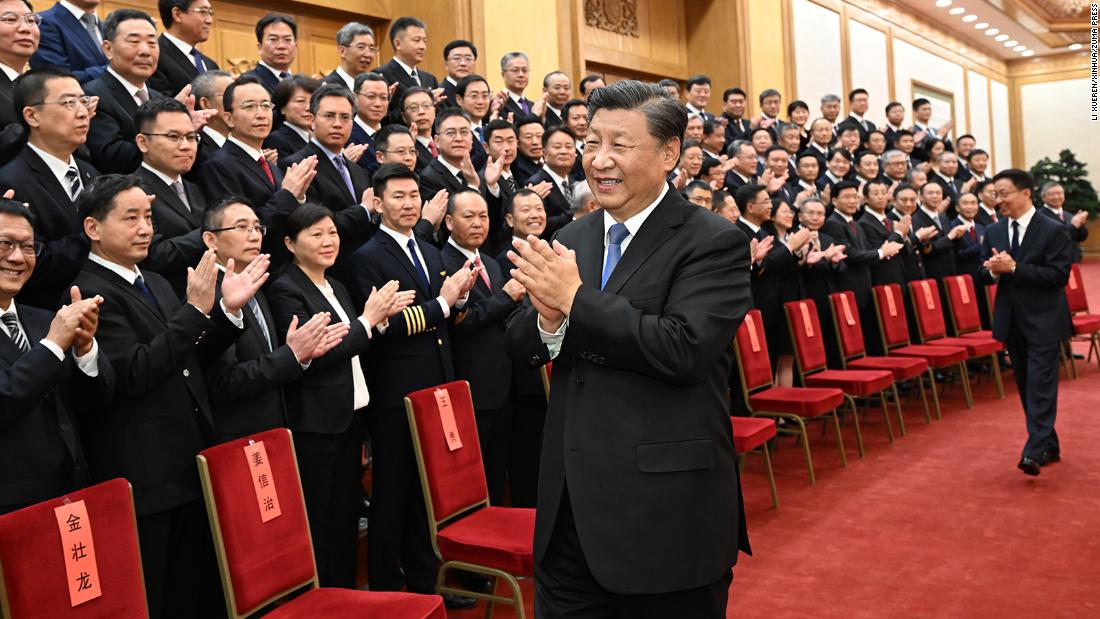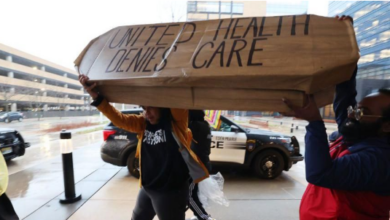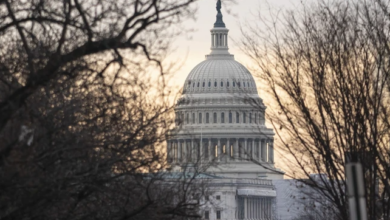China kicks off 20th Communist Party Congress as Xi Jinping prepares to expand power


Taiwan, a self-governing island of 23 million people, has remained largely muted about Xi Jinping’s potential norm-breaking third term as leader of the Chinese Communist Party.
So far, there have been no official statements from Taiwan President Tsai Ing-wen or the Mainland Affairs Council, the island’s government agency responsible for cross-strait relations.
Taiwanese news media have covered the schedule of the Party Congress and the rare protest against Xi that took place in Beijing on Thursday, but domestic affairs — such as campaigns for mid-term elections next month and the presence of a tropical storm near Taiwan — have dominated headlines instead.
Taiwan’s future: However, the Taiwanese government is likely paying close attention to Xi’s opening speech Sunday and what he may say with regards to his vision for the future of Taiwan.
China’s ruling Communist Party views Taiwan as part of its territory, despite having never controlled it. It has long vowed to “reunify” the island with the Chinese mainland, by force if necessary.
During a speech on Taiwan’s National Day last week, Tsai said there was “no room for compromise” over Taiwan’s sovereignty, but she was willing to work with China to find “mutually acceptable ways” to maintain peace.
“The consensus of the Taiwanese people … is to defend our sovereignty and our free and democratic way of life. There is no room for compromise on this,” she said.
Escalating tensions: Tensions across the Taiwan Strait have escalated after Beijing conducted large-scale military exercises around Taiwan, in response to US House Speaker Nancy Pelosi’s visit to the island in early August.
Beijing now regularly sends fighter jets across the median line of the Taiwan Strait, the body of water separating Taiwan and China.
However, Wen-ti Sung, a Taiwanese political scientist at the Australian National University, said on Twitter that a recent communique by the Communist Party suggests Beijing is unlikely to use force in the short term because it wants to prioritize “domestic political needs” and “maintain strategic patience”.
“What many are eager to hear is what exactly Xi will say in terms of his rhetorical threats to Taiwan,” said Lev Nachman, an assistant professor in politics at Taiwan’s National Chengchi University.
“Xi’s speech is likely to be heard in Taiwan, but rather than convince any Taiwanese hearts and minds to become more sympathetic to (China), it’s most likely going to lead to another boost of support for Tsai and the DPP,” he added, referring to Taiwan’s ruling Democratic Progressive Party.
[ad_2]
Source link





